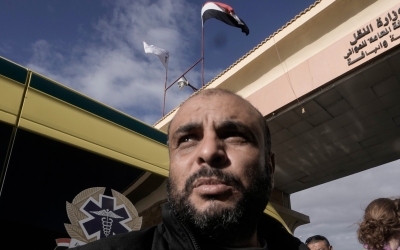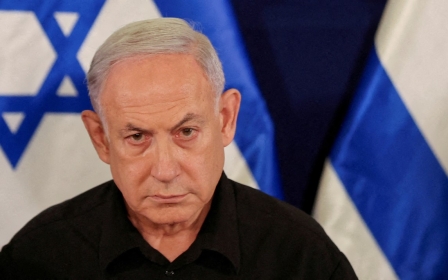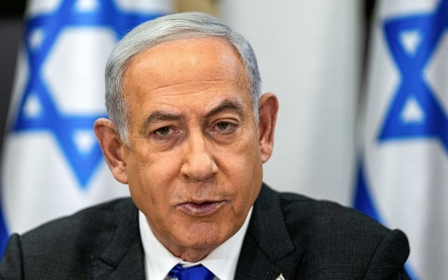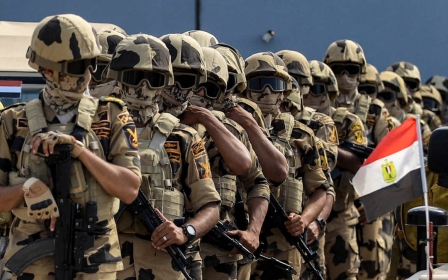War on Gaza: Netanyahu says Israel must control Egypt-Gaza border zone
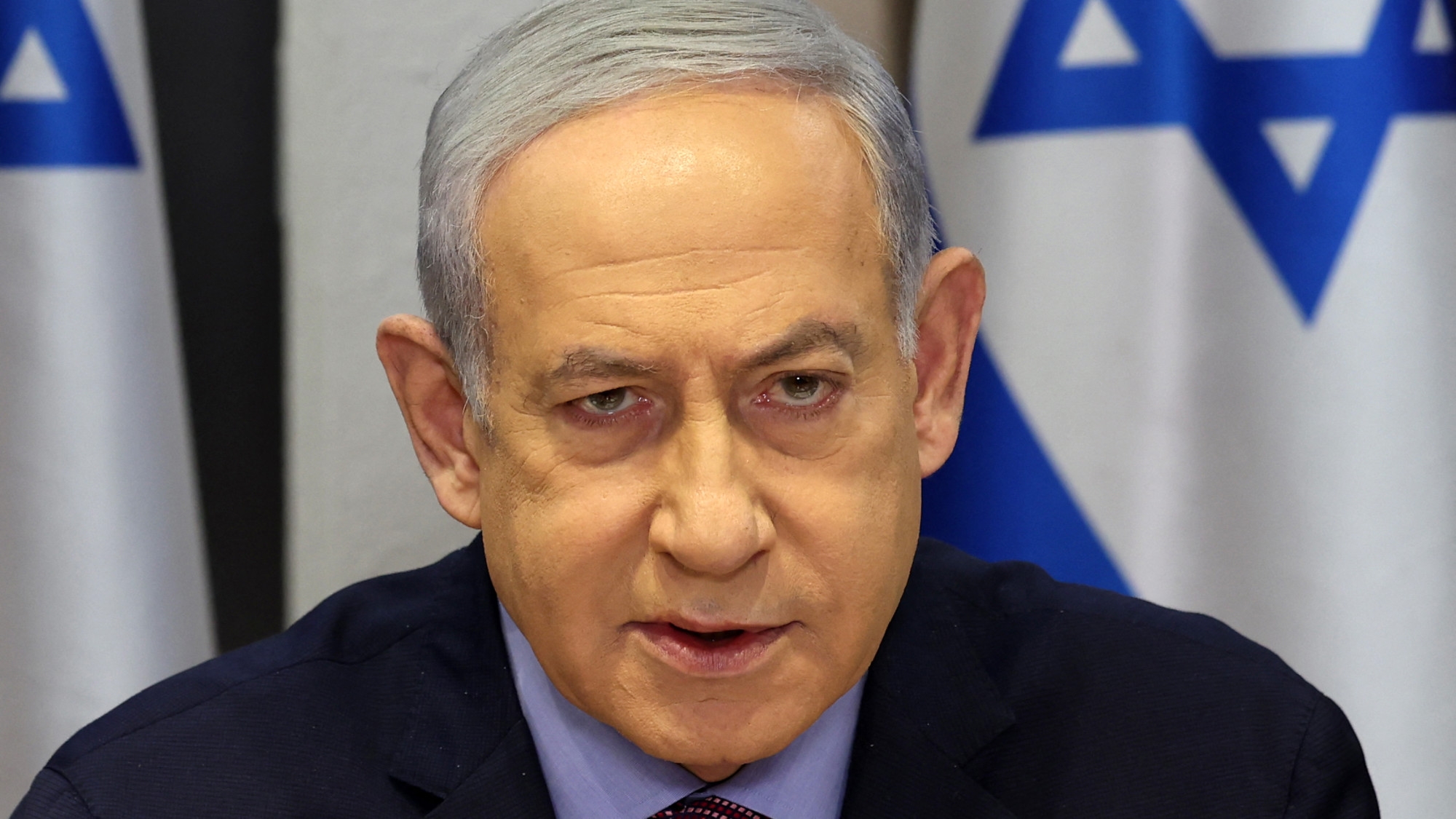
Israel's prime minister has said a narrow strip of land between Egypt and Gaza must be retaken by Israel.
"The Philadelphi Corridor - or to put it more correctly, the southern stoppage point [of Gaza] - must be in our hands," Benjamin Netanyahu said in a press conference on Saturday.
"It must be shut. It is clear that any other arrangement would not ensure the demilitarisation that we seek," he added.
The Philadelphi Corridor is a 14km-long and 100-metre-wide zone that runs along Gaza's border with Egypt.
Following the Israeli military withdrawal from Gaza in 2005, the route fell under the security control of Egypt and the Palestinian Authority.
New MEE newsletter: Jerusalem Dispatch
Sign up to get the latest insights and analysis on Israel-Palestine, alongside Turkey Unpacked and other MEE newsletters
A return of Israeli control to the corridor would require Egyptian approval.
Netanyahu did not elaborate on how Israeli forces planned to retake it.
Hussein al-Sheikh, a senior Palestinian Authority official, said Netanyahu's statement proved Israel's intention to reoccupy Gaza and "destroy the agreements with Egypt".
"Netanyahu's statement of the Israeli return to control the Philadelphia axis and the Rafah crossing on the Palestinian side and the creation of buffer zones and new security arrangements is clear evidence of the decision to completely return the occupation and destroy the agreements with Egypt," Sheikh said on social media platform X.
"This requires a unified Palestinian-Arab decision to confront the repercussions from this aggressive war and Netanyahu's attempts to impose new realities as a result of this war."
During the presser on Saturday, Netanyahu said the war would last "many months" and renewed his promise to "eliminate Hamas".
However, Palestinian and Israeli analysts have criticised the stated aims of war as vague and unrealistic.
A growing number of Israeli politicians and protesters have urged the government to seek a deal with Hamas to release captives held in Gaza, even if it means ending the war.
Qatar and Egypt have led indirect ceasefire talks between the warring parties in recent weeks without a breakthrough.
Meanwhile, the Israeli bombardment and ground attacks have expanded in the central and southern areas of the Gaza Strip, taking the death toll to over 21,700 on Sunday, with more than 56,000 wounded and 7,000 missing.
Middle East Eye delivers independent and unrivalled coverage and analysis of the Middle East, North Africa and beyond. To learn more about republishing this content and the associated fees, please fill out this form. More about MEE can be found here.


